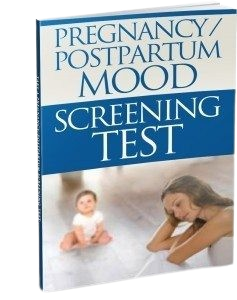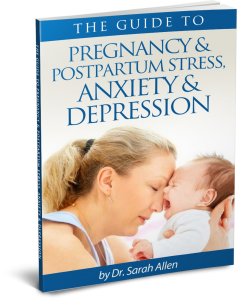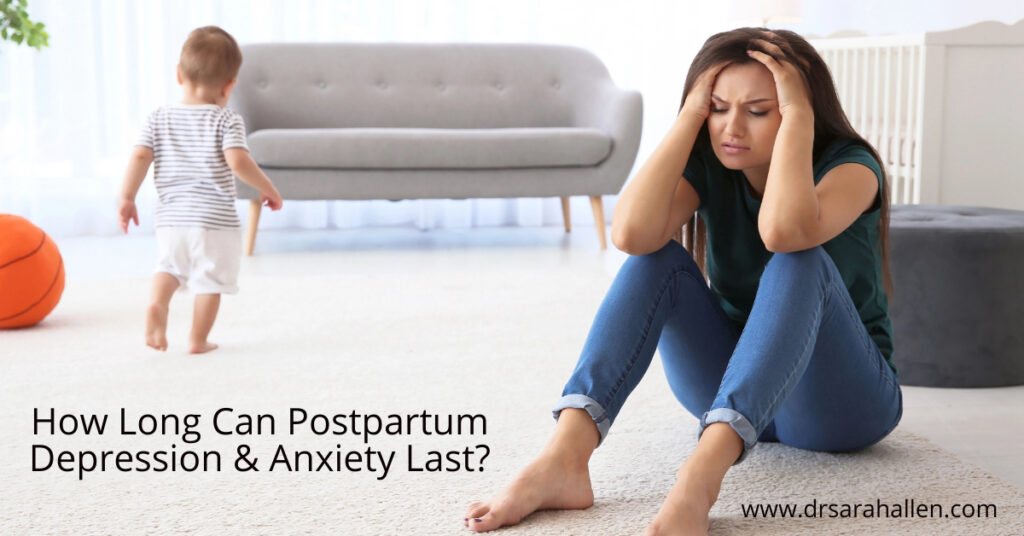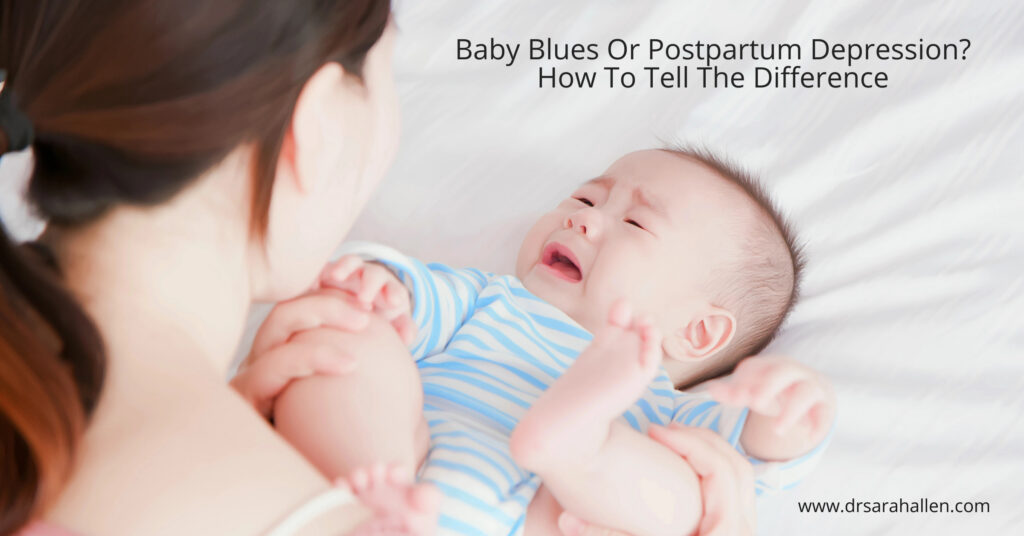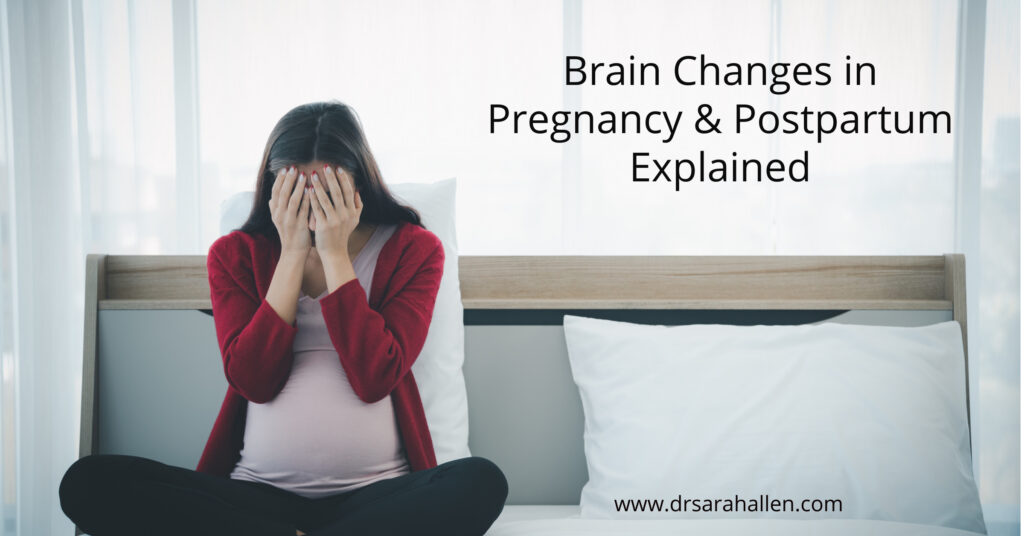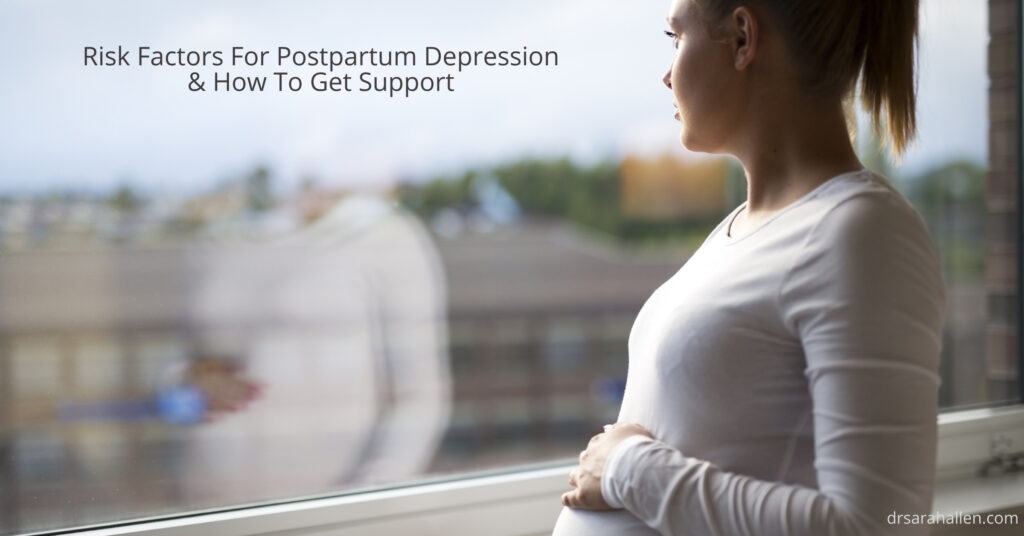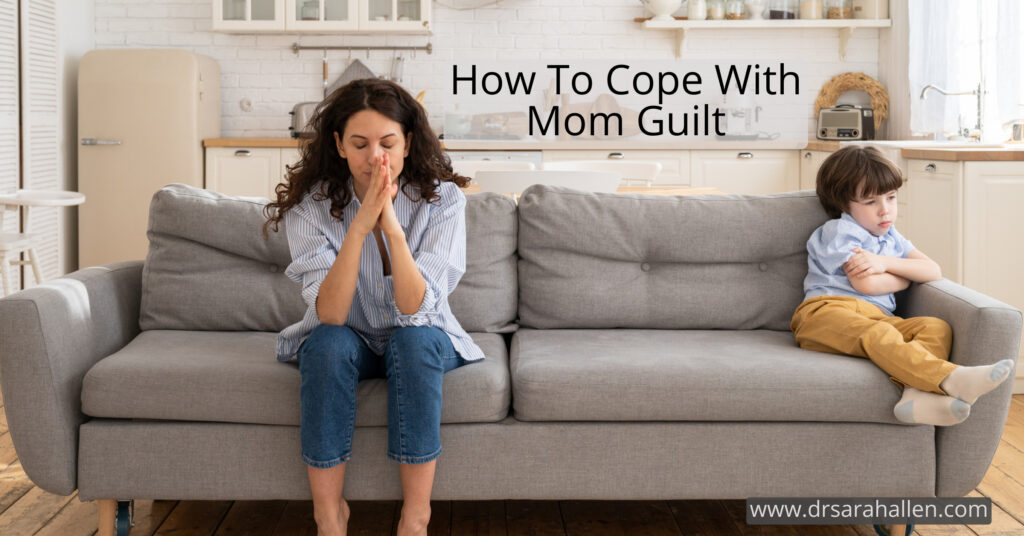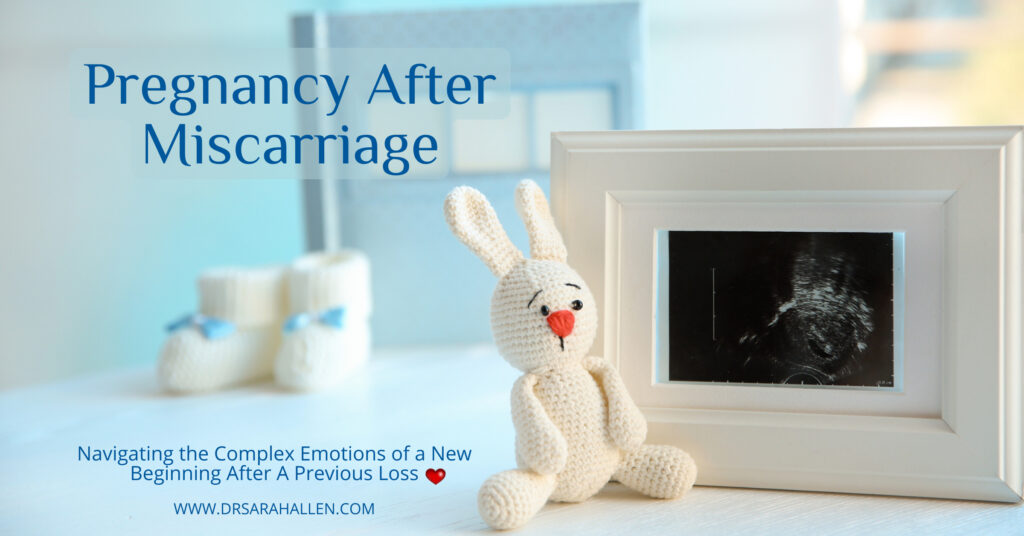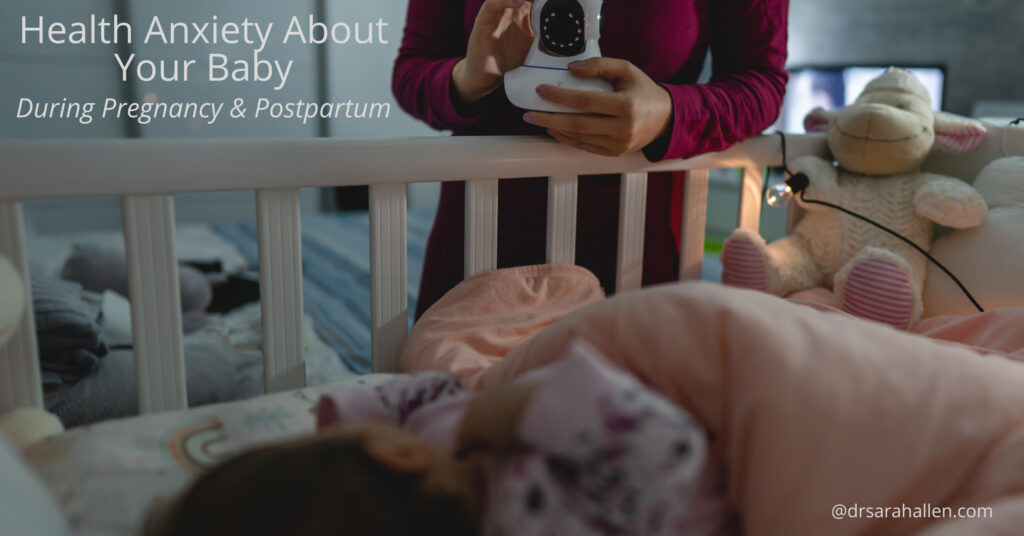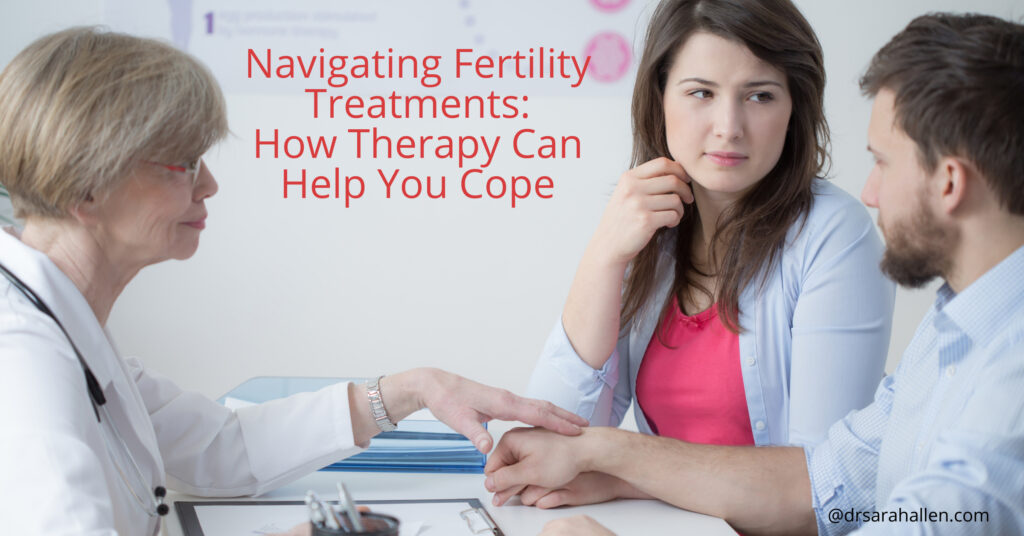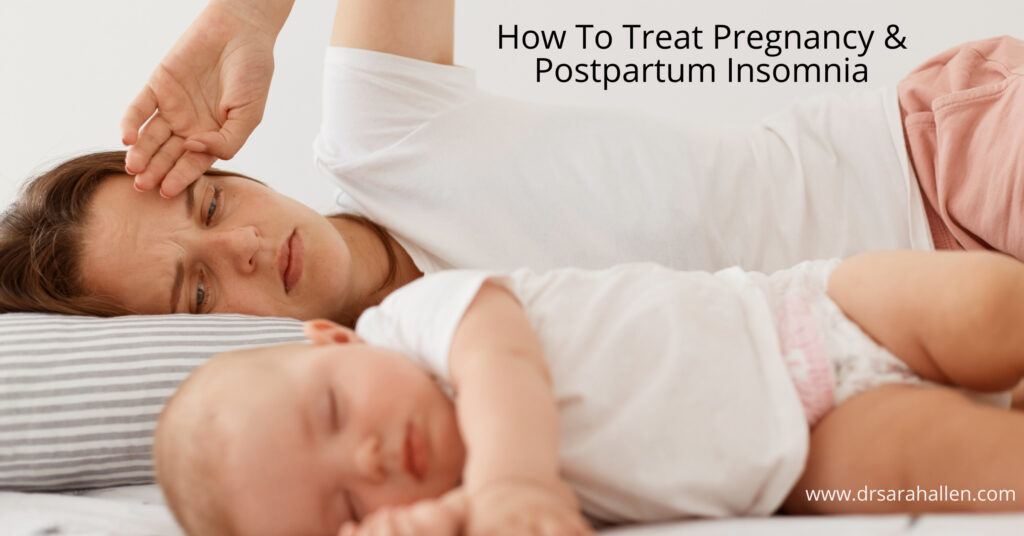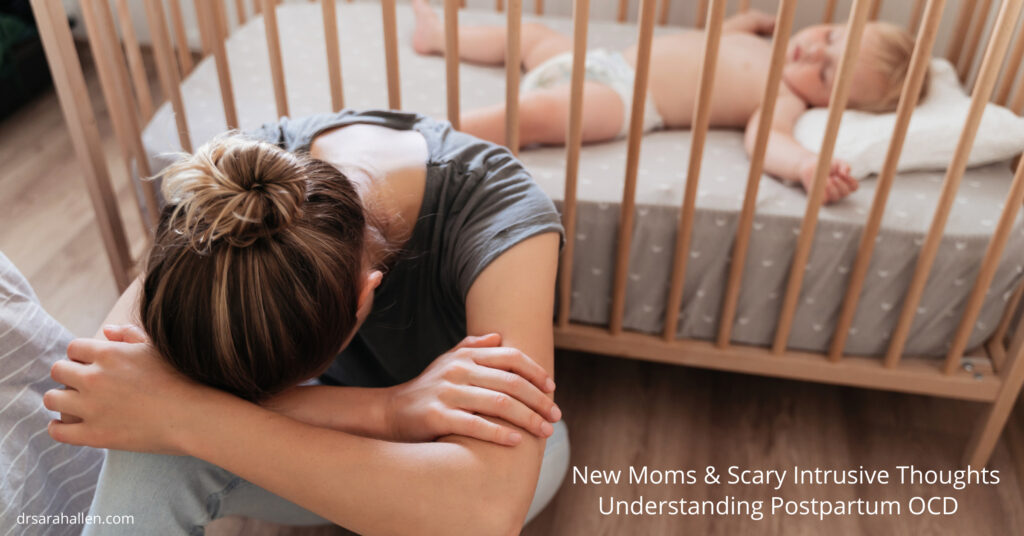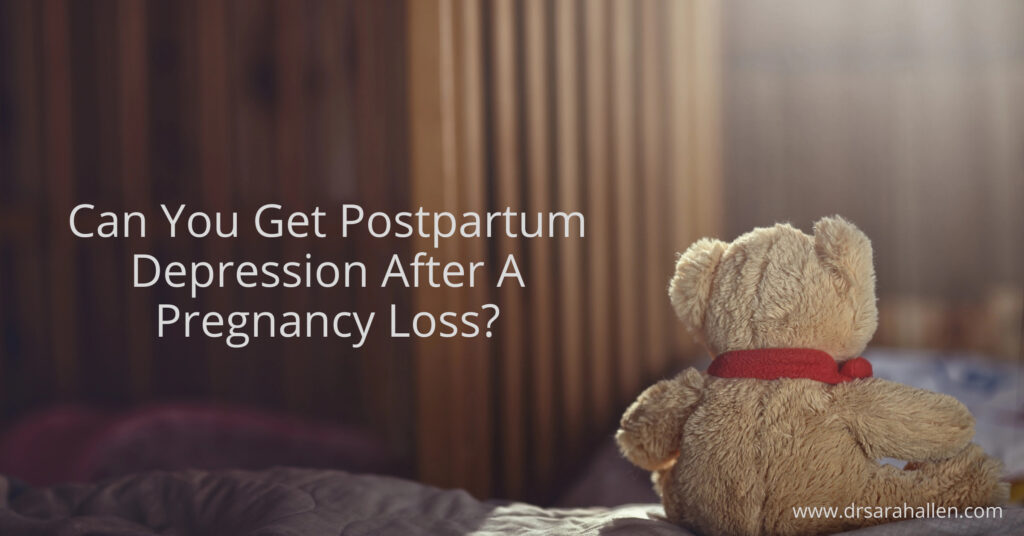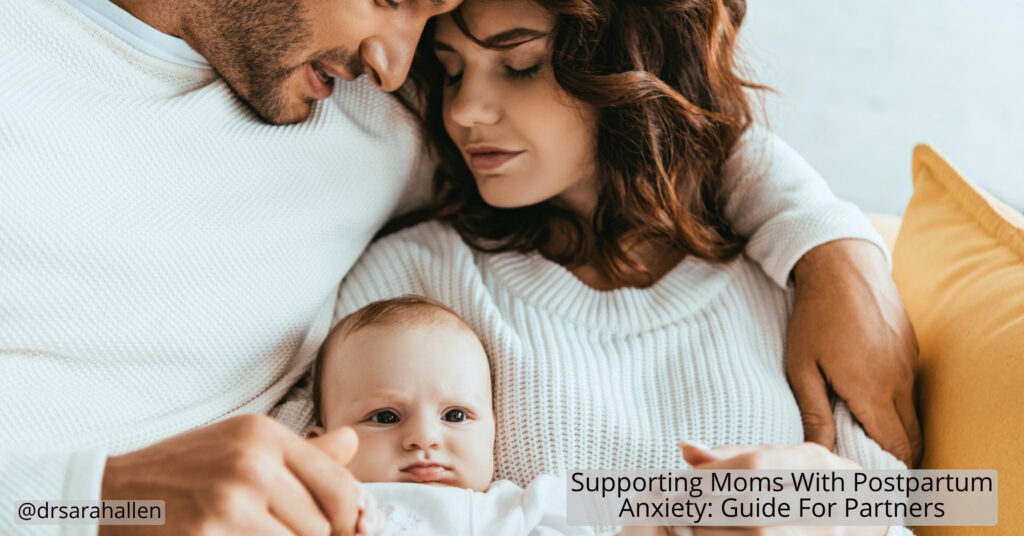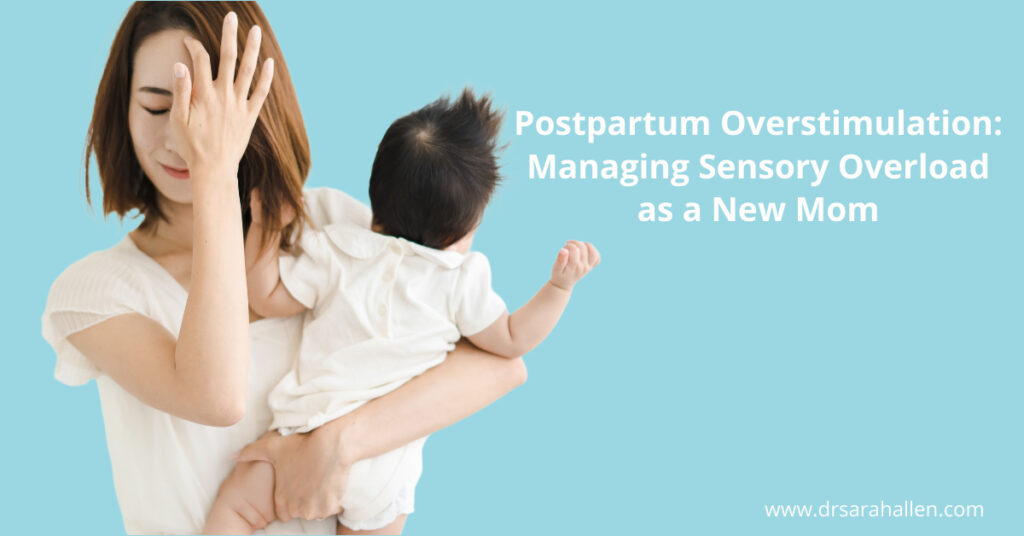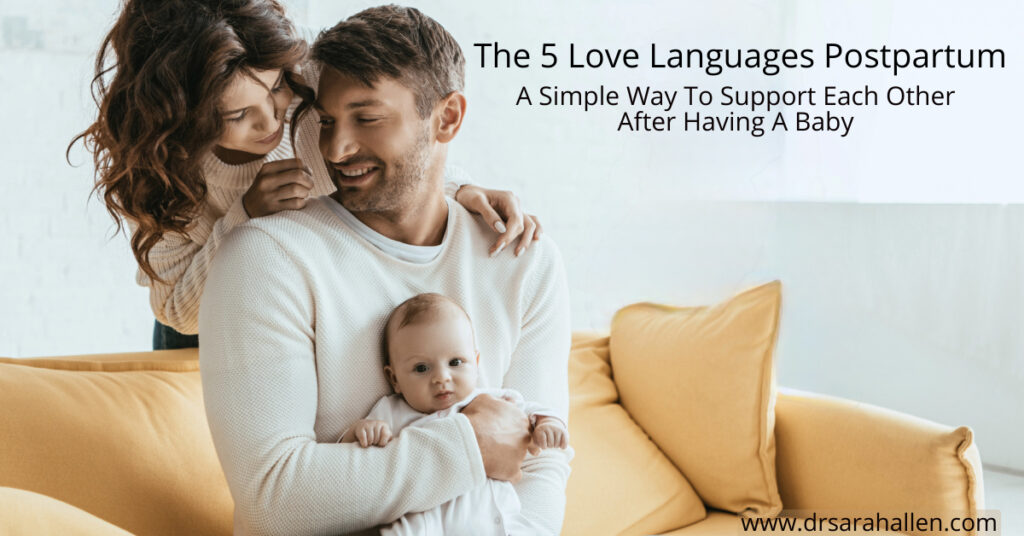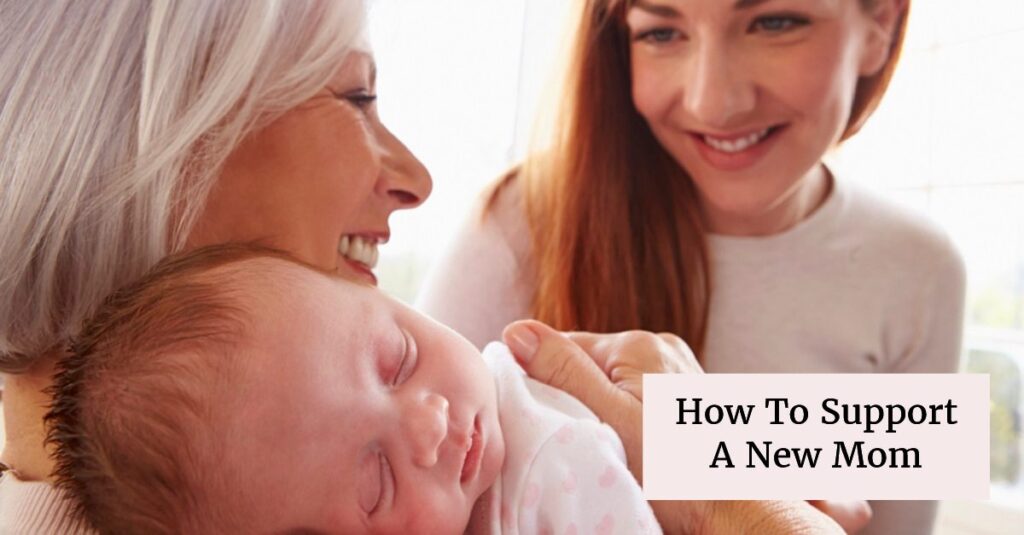
We often think of pregnancy as a glowing, transformative period of life, but it can also bring challenges that are often not discussed openly. Anxiety and depression during pregnancy, commonly referred to as prenatal or perinatal mood disorders, are more common than many people realize. The good news is that preventative mental health care can be a powerful tool in managing and reducing these struggles, promoting emotional well-being for both you and your baby.
What is Preventative Mental Health Care?
Preventative mental health care involves taking proactive steps to support your emotional and psychological well-being. Think of it as caring for your mental health the same way you care for your physical health during pregnancy. It may include practices aimed at building resilience, seeking early support, and creating a nurturing environment to reduce the risk or impact of anxiety and depression.
Rather than waiting to address a crisis, preventative care focuses on maintaining balance and well-being ahead of time. This is particularly important during pregnancy when hormonal, physical, and emotional changes can make you more vulnerable to mental health concerns.
Why Does Preventative Care Matter During Pregnancy?
Studies show that up to 1 in 7 women experience anxiety or depression during pregnancy. These challenges, if left unaddressed, can continue postpartum and impact not only the mother but also the baby, affecting bonding, stress levels, and even physical health outcomes. Preventative mental health care ensures that you feel supported, empowered, and ready to tackle challenges before they escalate.
It’s important to remember there is no shame in needing support. Pregnancy is a major life shift, and ensuring mental wellness is just as important as managing physical health.
Practical Steps for Preventative Care
1. Build a Support Network
Pregnancy can sometimes feel isolating, but you don’t have to go through it alone. Lean on close friends, family, or a partner to provide emotional support. Connecting with people who truly listen can alleviate feelings of overwhelm.
Consider joining a birthing or parenting class, or participating in local or online support groups designed for expectant mothers. Communicating with others who understand your experiences can reduce feelings of isolation and provide valuable insights.
2. Educate Yourself About Mental Health During Pregnancy
Understanding the common emotional changes during pregnancy can help you identify when something doesn’t feel right. While mood swings are normal due to hormonal shifts, persistent sadness, feelings of overwhelm, or excessive worry might signal the early signs of anxiety or depression.
By being aware, you empower yourself to recognize symptoms early and seek support if needed.

For more information about pregnancy anxiety read The Facts About Pregnancy & Postpartum Anxiety
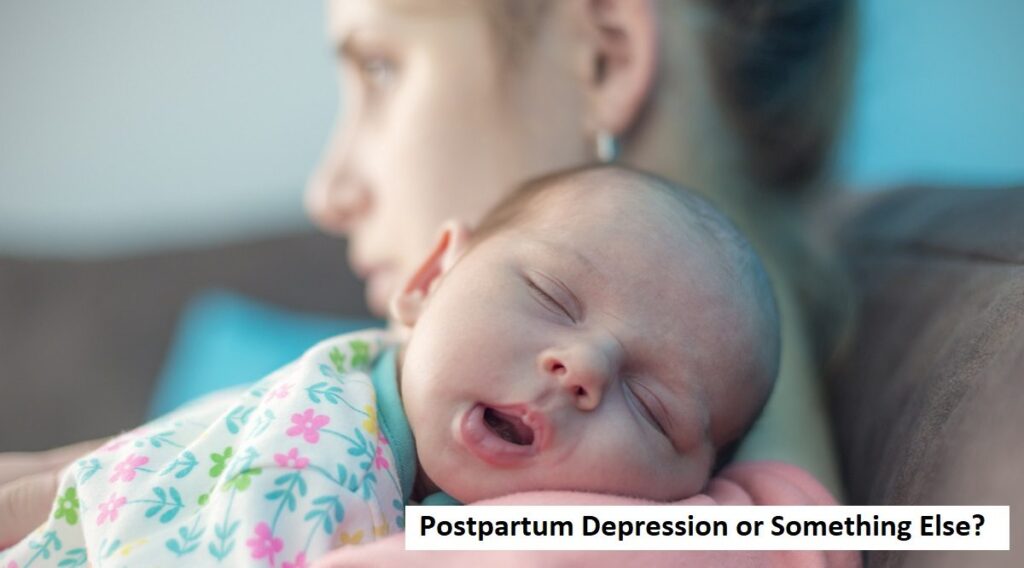
For more information about different types of pregnancy and postpartum mood disorders read Is It Postpartum Depression Or Something Else?
3. Develop Healthy Coping Mechanisms
Finding ways to manage stress is essential for your mental health. Here are some healthy coping strategies to incorporate into your routine:
- Mindfulness and Meditation: Activities like mindfulness, deep breathing, and meditation can help calm anxiety and center your thoughts. Even just 5–10 minutes a day can make a difference.
- Gentle Exercise: Activities like prenatal yoga, walking, or swimming can boost mood and reduce stress by releasing endorphins.
- Creative Outlets: Journaling, painting, or even knitting can provide a healthy release for emotions.
4. Establish Open Communication with Your Provider
Make mental well-being part of your regular conversations with your doctor or midwife. They can help screen for early signs of anxiety or depression and connect you with resources such as therapists or support groups.
If mental health concerns arise, reaching out for professional support early can make a significant difference in recovery. Many expectant mothers benefit from therapy, particularly cognitive-behavioral therapy (CBT), to address specific fears or overwhelming thoughts.
5. Maintain Proper Nutrition and Rest
Your body and mind are deeply connected. Eating nutrient-rich foods, staying hydrated, and prioritizing sleep can help stabilize moods and energy levels. Poor sleep and unbalanced eating habits can sometimes exacerbate feelings of anxiety or sadness, so focus on establishing a regular routine.
6. Set Realistic Expectations
Pregnancy and parenting are full of unknowns, and no one is perfect. It’s okay not to have everything figured out. Setting realistic expectations for yourself, practicing self-compassion, and allowing room for imperfection can reduce self-imposed pressure.
7. Seek Therapy as a Preventative Measure
Therapy isn’t only for crisis situations; it can be a powerful preventative tool. A counselor or psychologist can help you process emotions, manage fear or uncertainty about the pregnancy or birth, and equip you with coping strategies to reduce stress.

For more info about therapy for anxiety read How To Manage Pregnancy & Postpartum Anxiety With Therapy.

For more info about therapy for depression read How Therapy Treats Pregnancy & Postpartum Depression.
8. Connect with Your Partner
If you have a partner, open communication is key. Share your thoughts, worries, and emotions with them. Pregnancy is a shared experience, and mutual support can strengthen the bond between you both while reducing feelings of loneliness.
Recognizing When to Get Help
Taking preventative steps doesn’t guarantee that you’ll avoid all mental health challenges, but it gives you tools to address them earlier and more effectively. If you notice prolonged feelings of sadness, persistent worry, or difficulty functioning in daily life, reach out to a health professional as soon as possible.
Here are a few signs that you may need extra support:
- Feeling overwhelmed or hopeless most days
- Constant or extreme worry about your pregnancy or baby
- Lack of interest in activities that used to bring joy
- Trouble sleeping (beyond normal pregnancy-related disruptions) or eating properly
Remember, asking for help is a sign of strength, not weakness. The sooner you seek support, the sooner you can find relief and regain balance.
Take the First Step Toward a Healthier Pregnancy
Pregnancy is a profound experience filled with highs and lows, but you don’t have to face it alone. Whether you’re experiencing mild anxiety or simply want to take proactive steps, support is available.
If you’re unsure where to start, reach out to me about discuss your own individual circumstance and we can make a plan. I’m here to guide and support you without judgment. I work with clients in person in Northbrook, a north suburb of Chicago, and virtually across Illinois, Florida and the U.K.
You deserve to feel supported, empowered, and prepared for the incredible role of parenthood. By prioritizing your mental health during pregnancy, you not only care for yourself but also set the stage for a strong and loving relationship with your baby.

Dr. Sarah Allen has 25+ years of experience in private practice helping women to transition to being the mom they want to be. She is the Founding Director of the statewide non-profit Postpartum Depression Alliance of IL. She also specializes in pregnancy loss & infertility & has published research on postpartum depression and traumatic childbirth.
If you would like to work with Sarah, please phone her at 847 791-7722 or on the form below.
If you would like to read more about me and my areas of specialty, please visit Dr. Sarah Allen Bio. Dr. Allen’s professional license only allows her to work with clients who live in IL & FL & the UK and unfortunately does not allow her to give personalized advice via email to people who are not her clients.
Dr. Allen sees clients in person in her Northbrook, IL office or remotely via video or phone.

What Can I Read That Helps Me While I Am Waiting For My First Appointment With Sarah?
If you feel that you may be experiencing pregnancy or postpartum mood disorder, or worry that you may be at risk of developing it, please download my free booklets below.
See each specific webpage to download one or many.
